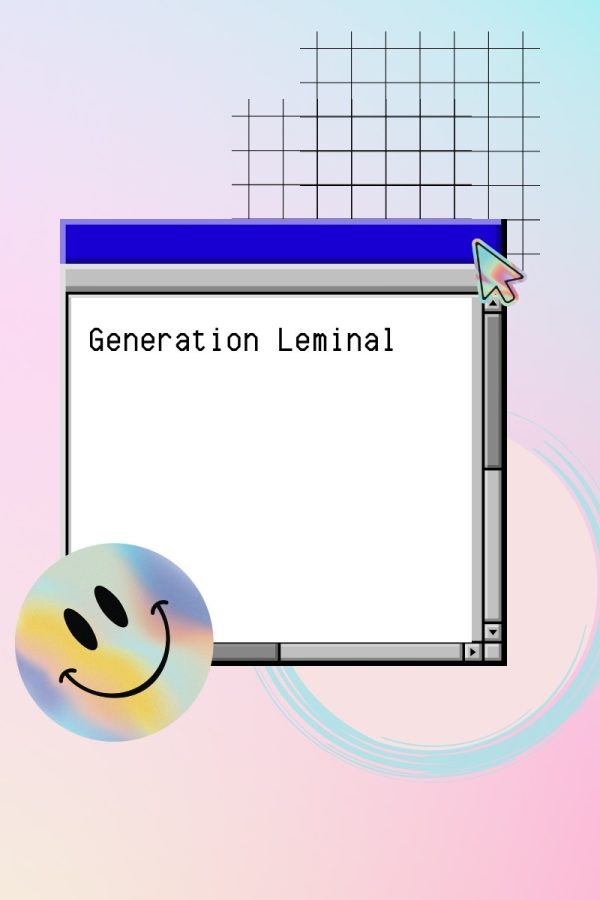Zennials: Generation Leminal
Gen Z aesthetic tends to be nostalgic for the late ’90s and early 2000s.
Arbitrary stereotypes and intergenerational prejudice seems to be taking over online discourse within the last few years. What started as a way to separate cohorts into demographics for marketing and social research has seemingly become a way to define whole personalities, trends, aesthetics and attitudes.
The discourse between generations is fairly recent, only really becoming mainstream in the mid-late 2010s.
But what happens when you don’t fall into the generational lines?
Generational Breakdown
As of 2021, the discourse surrounding generational differences is more about broad stereotypes.
The Baby Boomers (born between 1946 and 1964), for example, are seen as conservative-leaning and prone to public outbursts. Younger generations deride them on social media for their inability to grasp the use of technology and outdated values and ethics.
Gen X (1965-1980) are seen as independent, rebellious, and resourceful. Growing up in the ‘80s and ‘90s gave them a healthy distrust of authority. On the other hand, other generations might think of them as slackers.
Millennials (1981-1996) are portrayed as being “simply out of touch” with the younger generations. Instead of their typically more progressive stances, the criticism is lobbied more at their support of controversial figures like J.K. Rowling, the popular children’s author who came under fire for her anti-trans leaning.
Their interest in rampant and even predatory commercialism earns them some grief from other age groups. One popular stereotype is their obsession with the Marvel franchise and Pop figures.
In contrast, Gen Z (1997-2012) is criticized for their far left social values and addressing social issues in ways that some consider to be tone-deaf and reactionary. In many ways, this describes Millennials back in 2016.
They are also criticized for social awkwardness that many call “terminally online.”
Zennials: Existing in Liminal Space
“Zennials” exist in a venn diagram. They are not a separate generation so much as an intersection made up of younger millennials ages 25-29 and older gen z ages 21-25.
This age group doesn’t fit exclusively into the things that define the Millennials anymore than they do “Gen Z” trends.
Growing up in the late 1990s and early 2000s, “Zennials” often feel a sense of “not entirely fitting. There is a sense of being both and neither. They share their nostalgia for the early aughts with their Gen-Z siblings, but are often grouped in as Millennials due to their birthdates.
Forget Your Zodiac Sign, What Is Your Generation?
In the online world, personality and self-marketing are essential. Social media demands we sort ourselves and others into a particular niche.
Similarly, though it started in marketing, demographic difference has become a way to exist on social media. It’s unclear exactly where the discourse began, however there are a plethora of tiktok compilations showing up on youtube and other websites. It does seem that the trend of intergenerational derision only exists on social media.
It is unclear at the time whether generational discourse will just be a passing internet meme or if it will become a bigger part of sociological discussion. Even without labels, there will always be some sort of intergenerational prejudice, and the recent permutation seems to be the latest evolution of this subject.

Naia Marie Lanton is from Grenada, Miss. Naia is obsessed with music, fashion and the paranormal and enjoys playing video games. She decided on her major,...



